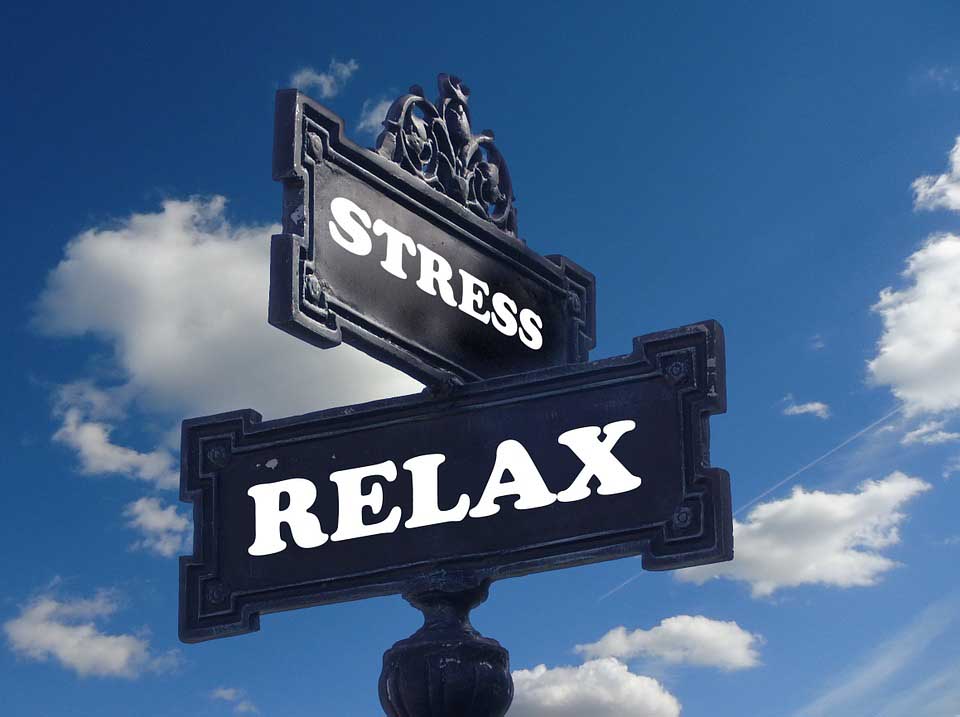My blog focuses on Career Discussions, Health/Wellness, and Workplace Discussions. Our careers and jobs play key roles in our lives. As such, they can impart stress and significantly impact our health and well-being. The following contributed post is entitled, The Impact of Stress in the Workplace: How to Manage and Prevent Burnout.
* * *
How to manage and prevent burnout. Workplace stress is common, but when it builds up and goes unchecked, it becomes dangerous.
It can drain your energy, damage your health, and lead to burnout, a state of mental, physical, and emotional exhaustion that makes it hard to function. Just a bad day or a stressful week is the result of long-term pressure with no relief, and you might feel constantly tired, disconnected from your work, or unable to concentrate.

Photo by Vasilis Caravitis on Unsplash
Your performance drops, and so does your mood. You stop caring, not because you want to, but because you can’t keep going at the same pace.
Effects of Long-Term Stress
Stress that lasts too long doesn’t just affect your job; it affects your sleep, your eating habits, your relationships, and your ability to think clearly. It can lead to more serious issues like anxiety, depression, and heart problems. Your immune system weakens, you start getting sick more often, and small things feel harder to handle.
It all adds up. In severe cases, workplace stress can lead to mental health injuries, conditions that are serious enough to need medical attention and time off. If your employer contributed to or ignored the conditions that harm your mental health, you may be entitled to legal support.
You can learn more about your options by speaking to a personal injury law firm that handles workplace mental health claims.
Causes of Burnout
The causes of burnout aren’t always obvious at first. Sometimes it’s an overwhelming workload; other times it’s the feeling of having no control, unclear expectations, or a manager who doesn’t support you.
A toxic team or a workplace where people are afraid to speak up can make even a manageable workload feel unbearable. It’s often not just about the tasks you have to do, but how the work environment makes you feel.
Taking Action
The key is to catch the signs early and take action before things get worse. If you’re starting to feel on edge, disconnected, or emotionally flat, don’t ignore it. Set clear boundaries between work and home; turn off notifications after hours.
Take real breaks during the day, step outside, move your body, or even just sit quietly without a screen. Make sure you’re getting enough sleep and eating regular meals. Poor habits make stress worse, and don’t try to handle everything alone.
Talk to someone you trust; if you have access to an employee assistance program, use it. These services are often confidential and connect you to therapy, financial advice, or stress management tools.
Evaluating Your Situation
If your job offers no flexibility, no support, and no path forward, it’s worth considering whether the situation is sustainable. Some people need a change in role; others need a complete break.
And in cases where your mental health has been damaged by your workplace, and support wasn’t provided, legal help might be the next step.
A law firm focused on mental health claims can help you understand what compensation or support you might be entitled to.
Creating a Supportive Environment
Burnout doesn’t happen in a vacuum; it happens in environments where people feel overworked, undervalued, or ignored. Companies that care about long-term performance need to care about people’s health. That means offering reasonable workloads, promoting open communication, and making sure managers know how to spot and respond to early signs of stress.
Breaks should be encouraged, not discouraged. People shouldn’t feel guilty for using their legal leave or fun time. Flexibility around our location can go a long way in helping employees stay balanced. Most importantly, leadership should create a culture where people feel safe asking for help.
Prioritizing Your Health
If you’re already burned out, don’t wait. Take it seriously; your health matters more than your inbox. Speak to a doctor, reach out to a mental health professional, and if you’re uncertain about your condition, learn your rights. You may not have to go through it alone.
The right legal support can make a real difference. Workplace stress doesn’t have to end in burnout. You can take steps to protect yourself so, when you can, speak up for what you need—whether that means better boundaries, a shift in your workload, or legal action. Your health is worth protecting.
How Managers Can Reduce Stress for Their Teams
Managers have a big influence on workplace stress; even small changes in how they lead can help prevent burnout.
Start by checking in regularly, not just about deadlines, but about how your team is doing. Ask questions, listen. If someone seems overwhelmed, adjust their workload or help them prioritize.
Clear communication also matters; when people know what to expect and feel included in decisions, stress levels drop. Vague goals and last-minute changes create confusion and pressure.
Respect people’s time; don’t expect late-night replies or weekend work unless it’s urgent.
Lead by example: take your own breaks, use your leave, and set boundaries around your availability. Don’t wait for someone to speak up; many people hide their stress until it’s too late.
Be proactive: create a space where people feel safe being honest.
Knowing When to Leave
When it’s time to leave a toxic workplace, sometimes the best way to manage stress is to remove the source. If you’ve tried setting boundaries, asked for help, and nothing changes, it might be time to leave. A toxic workplace can wear you down slowly; you may not realize how much it’s affecting you until you’re out.
Leaving isn’t quitting; it’s protecting your well-being. If your job is harming your mental health and leadership refuses to act, you have every right to move on.
Document what’s happened, talk to someone you trust, and if you believe your mental health injury is connected to how your employer treated you, contact a personal injury law firm to see what steps you can take. You deserve a workplace that respects your time, your health, and your values.
Reflection
What small change can you make today to reduce your stress at work, and what support do you need to feel more in control?












